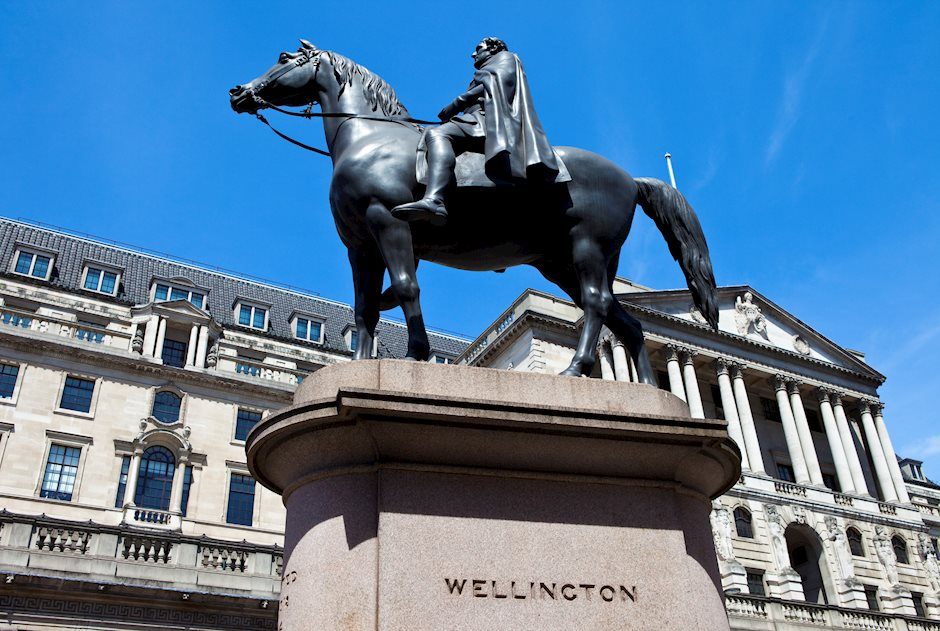BOE’s Cunliffe: BOE may tighten bank capital rules after Brexit relief

BOE MPC Member Sir Jon Cunliffe crossed the wires late-Thursday, via Reuters, noting that the British banks are likely to face tighter capital requirements to counter relief given to banks in the immediate aftermath of the Brexit-vote.
Key Quotes:
"We will offset this elsewhere to ensure that the overall stringency of the capital requirement is not weakened"
"It is in my view more likely that if they are lost in London they would be lost to Europe – for the foreseeable future at the least"
"And to the extent that the transition to whatever new arrangements will apply is not orderly and smooth, the costs and risks will be greater"
Author

Dhwani Mehta
FXStreet
Residing in Mumbai (India), Dhwani is a Senior Analyst and Manager of the Asian session at FXStreet. She has over 10 years of experience in analyzing and covering the global financial markets, with specialization in Forex and commodities markets.

















